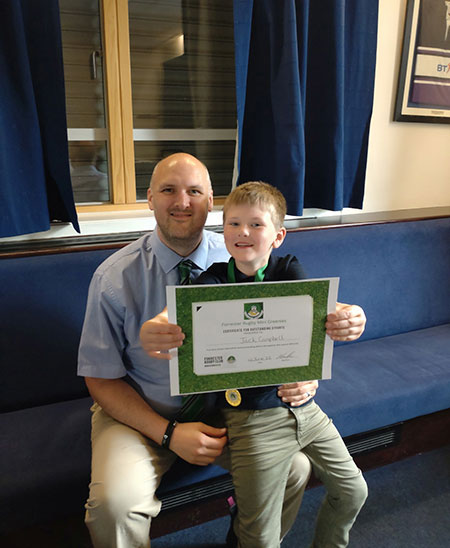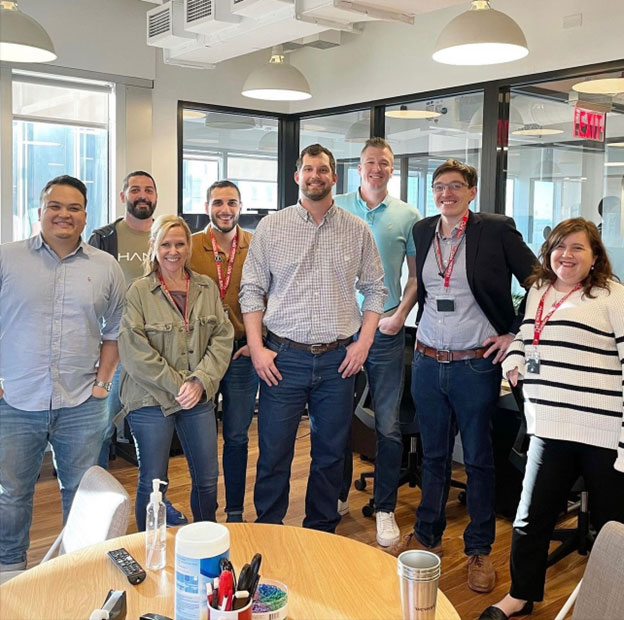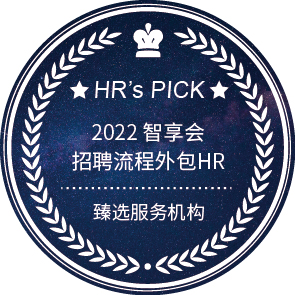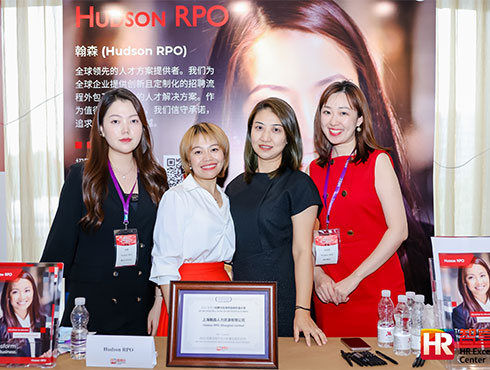- Blogs & Articles
7-year milestone: Celebrating the Success of our Manila Centre of Excellence.
Setting up for success
Working with an RPO partner significantly decreases the average cost-per-hire, often by more than 50 percent. A tailored RPO solution can supplement hiring and helps you drive quality, efficiency, reduced costs and a reduction in the time to hire. There are different ways an RPO partnership can reduce costs:
It is no easy task to build and sustain relationships with top talent, especially when they might not be openly looking for a job change. But it is the key to effective candidate sourcing. With time zones, language differences, and the know-how of regional markets to consider; sourcing is round-the-clock work. When Hudson RPO opened its doors in Manila, we set out to service our clients with high-quality sourcing support, whenever and wherever. This allowed our clients to focus on their strategic business initiatives, while we delivered the talent required to support their ambitions.
Cameron Davidson, Director – Customer Success & Director – Manila CoE, was integral to the establishment of our Manila CoE:
“We started with a team of seven, which has now grown to a team of 190 (and counting) experts that specialise in a variety of industries like Pharma & Life Sciences, Financial Services, FMCG, Manufacturing and Technology on a global scale. With a full understanding of how to attract and retain talent across a variety of niches and markets, we can now service our clients with services ranging from sourcing to full-cycle recruitment solutions all over Asia Pacific and beyond,” Cameron explains.

A true partner for delivering excellence
Even though the Centre of Excellence is in Manila and operates across different time zones and countries, the support of this team is by no means an offshoring solution. Working with our CoE is like bringing new people into your existing team. Our specialists hit the ground running and are fully dedicated to your business and hiring goals. Many of our Manila based teams have travelled to meet our clients in-person and have been recognised for their outstanding achievement at our Hudson RPO quarterly and annual awards for excellence. Find out more about our sourcing services.
The expansion of our Manila Centre of Excellence has enhanced our ability to deliver exceptional services and value to our clients:
A client in the Transport Industry required a bespoke sourcing strategy to find and hire previously unseen roles in Australia. Not only did the team complete the project on time and in alignment with their vision, but they also delivered several, tailored sourcing strategies to promote diversity and inclusion.
For a client in the Financial Services industry, the team organised focus groups to inform their strategy. The innovative sourcing methods they delivered increased the hiring speed from one hire per month, to three hires per month, without ever sacrificing quality. Through its success, we have since scaled this from 1 to 45 fully dedicated resources.
Another example is a client for which our team developed market maps for their executive level roles. Market maps are an effective way to confidentially understand what a market looks like, in particular for senior, business critical, or hard to fill positions. Our Australian-based pharmaceutical client has since returned 11 more times to engage the help of our Manila team.
Leadership builds culture
Jamie Bais has been with the team since the very start as the Head of the Manila CoE.

“The last seven years have been a whirlwind. So much work has been done to support our successes, to expand our services and the industries we specialize in. At the heart of our expansion and growth is the unique culture of our team, continuously looking to learn from each other, share best practices, and innovate. Their sense of partnership and support translates into everything they do for our clients.”
And it is not just our clients that are continually amazed by our team. All teams across our business have been inspired by the team’s incredible commitment, expertise, and their dedication to shaping the future of talent. Over the last seven years, the team has been a regular feature in many of our internal competitions like our Step Challenges, winners at our Aspire Awards (like Tom and Eugene, with Tom inducted to our hall of fame), and have shared their personal journeys at Hudson RPO with job seekers and their colleagues in other regions. (Click here to read the stories of Burg and Eugene).
The future is bright for our Manila CoE and with loads more in store, we are excited to see their continued growth and success. Kimberley Hubble, CEO APAC:
“Creating and evolving incredible teams is the first step in our mission and commitment to providing our clients with the best possible service. Through investing in our people, their capabilities and our culture, we ensure we are equipped to best serve our clients in this ever-changing world of talent. Our Manila Centre of Excellence is proof of that, and our broader business can’t wait to see what else can be achieved in the next seven years.”
Find out how our Manila team can support your hiring requirements: talk to one of our talent experts. Looking to join our Manila team? Click here to learn more.

Hudson RPO
Content Team
The Hudson RPO Content Team is made up of experts within the Talent Acquisition industry across the Americas, EMEA and APAC regions. They provide educational and critical business insights in the form of research reports, articles, news, videos, podcasts, and more. The team ensures high-quality content that helps all readers make talent decisions with confidence.
Sign up to receive the latest recruitment insights and Hudson RPO news.







































